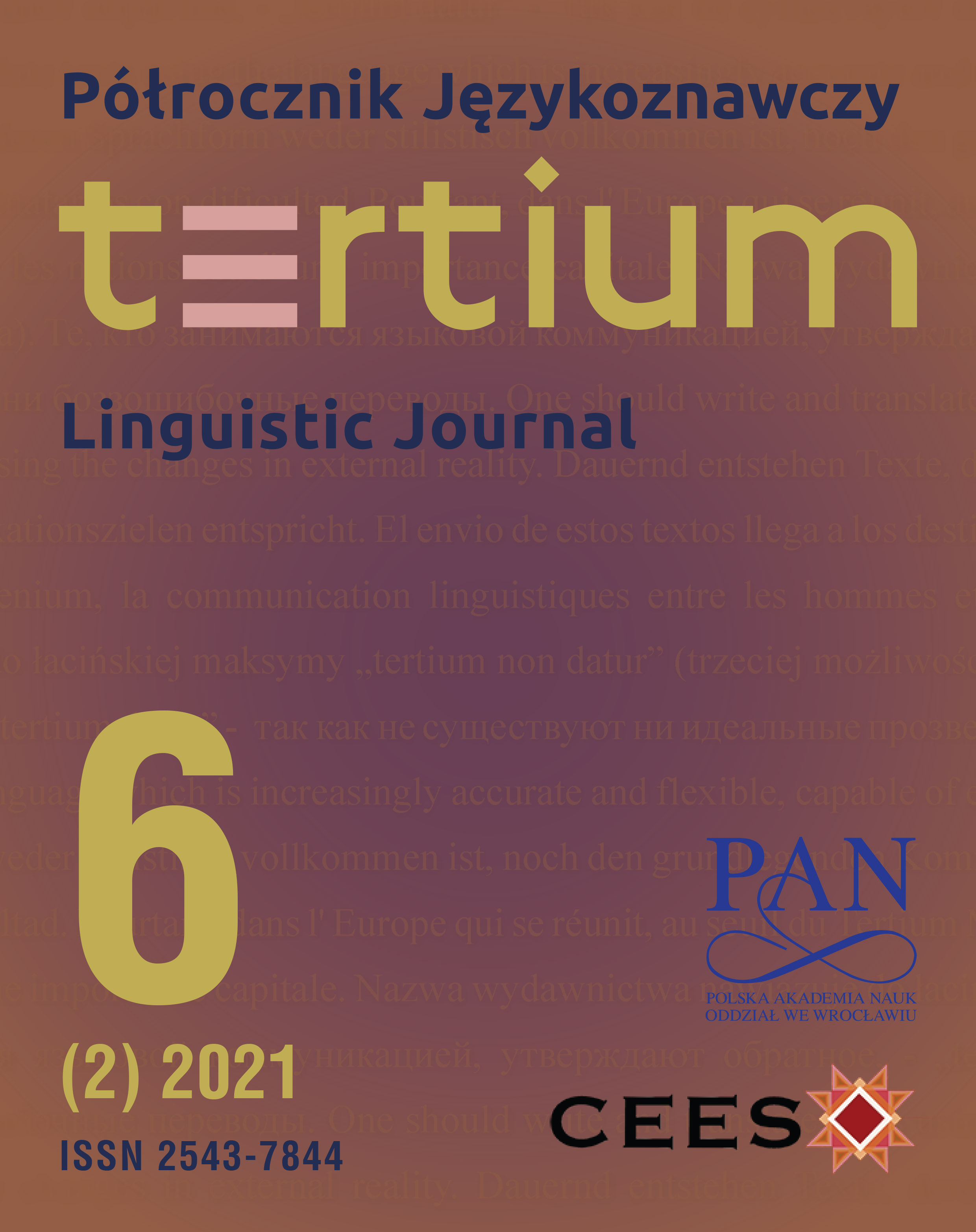
Trailblazer or a One-off?
The paper attempts to analyse the international success of the Danish televisual series Rita (TV2 Denmark - Netflix, 2012–2020). It places the production in a wider cultural and historical context and treats it as an exemplification of, what the author deems, a recent shift in representations of teachers in visual media narratives. The author’s argumentation is premised on three principal assumptions. First, Rita demonstrates that after the genre’s decline at the turn of the twentieth century, the school-centred audio-visual narratives are back in favour. The trend is connected to the growth of the post-network television and the so-called over-the-top services (OTT). Second, the substantial part of Rita’s wide appeal is related to the show’s innovative application of the conventions known from the earlier Scandinavian productions and themes from serials about “difficult women”. This particularly concerns the show’s adept exploration of the resilient and anti-heroic female lead character. Third, Rita is regarded as an early indication of the shift in the ways school life and teachers are represented in the media today. The author stipulates that the show may augur the emergence of many similar complex televisual images of teachers in the near future.
More...




